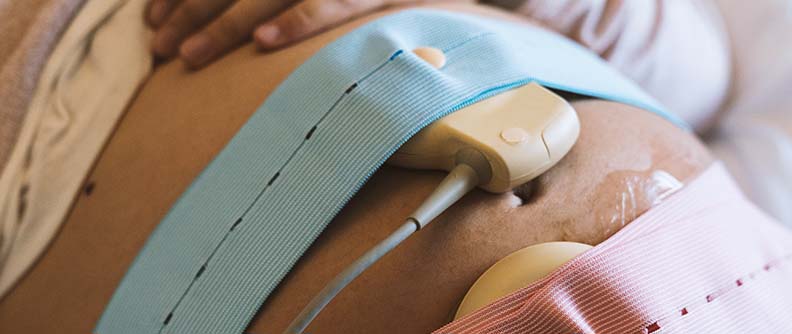One test you might have as your due date approaches is a nonstress test. They’re usually performed during the latter part of your pregnancy and most commonly when there are high risk conditions like diabetes requiring medication or hypertension.
What is a nonstress test?
A nonstress test records your baby’s heartbeat patterns. Some people who have a higher risk of pregnancy complications might have this test once or twice a week during the third trimester. In some cases, it’s performed along with a fetal ultrasound.
A nonstress test can also tell you if you’re having contractions.
How is it performed?
The test takes between 20 and 40 minutes. You don’t need to do anything to prepare unless you smoke. In that case, you should not smoke for two hours before the test because it could affect your baby’s movement and heart rate. (This is a good reason to discuss smoking cessation options with your clinician.)
During the test, you’ll recline on a padded table. The clinician will place two belts equipped with special sensors around your belly. One sensor tracks your baby’s heartbeat, while the other records any contractions you might have. As the test is performed, you could hear a beeping noise indicating your baby’s heartbeat.
The clinician might ask you to press a button every time you feel a contraction or notice your baby is moving. If there isn’t much movement, your baby could be asleep. The clinician may try to wake them with a loud noise or ask you to eat or drink something to get them moving.
After the test, a clinician will review the results and tell you how your baby’s doing. Most people can go home and resume their normal activities right away.
